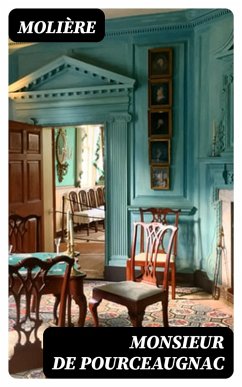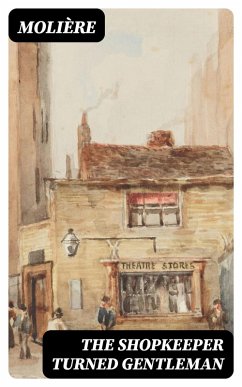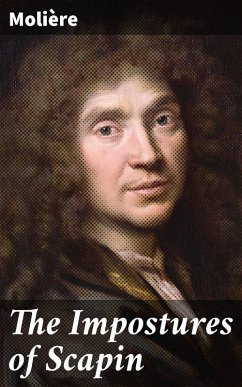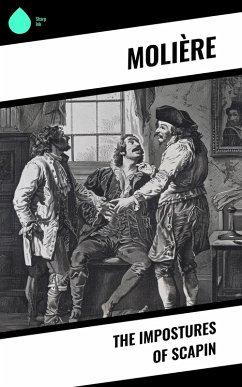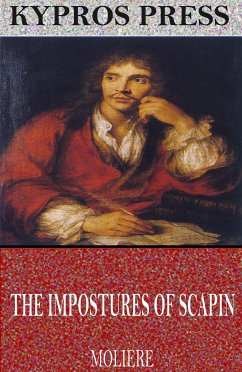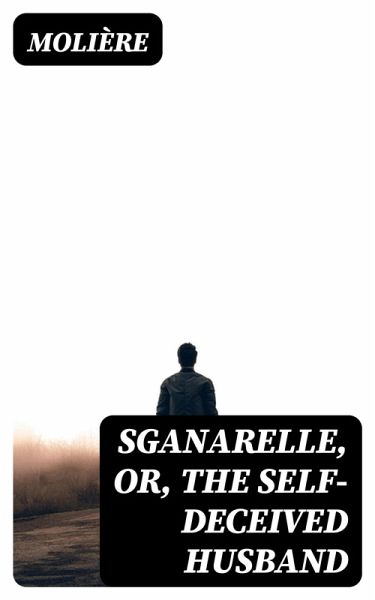
Sganarelle, or, the Self-Deceived Husband (eBook, ePUB)
Versandkostenfrei!
Sofort per Download lieferbar
0,49 €
inkl. MwSt.
Weitere Ausgaben:

PAYBACK Punkte
0 °P sammeln!
In "Sganarelle, or, the Self-Deceived Husband," Molière masterfully weaves a comedic tapestry that explores themes of deception, jealousy, and the complexities of marriage. This one-act play employs sharp wit and satire typical of Molière's literary style, characterized by its clever dialogue and incisive social commentary. The narrative revolves around Sganarelle, a cuckolded husband trapped in his own delusions, providing a poignant reflection of 17th-century French society's views on masculinity and fidelity. Through this humor-laden examination of human folly, Molière critiques both soc...
In "Sganarelle, or, the Self-Deceived Husband," Molière masterfully weaves a comedic tapestry that explores themes of deception, jealousy, and the complexities of marriage. This one-act play employs sharp wit and satire typical of Molière's literary style, characterized by its clever dialogue and incisive social commentary. The narrative revolves around Sganarelle, a cuckolded husband trapped in his own delusions, providing a poignant reflection of 17th-century French society's views on masculinity and fidelity. Through this humor-laden examination of human folly, Molière critiques both social pretensions and the absurdity of self-deception, encapsulating the era's distinctive blend of Enlightenment thinking and theatrical innovation. Molière, born Jean-Baptiste Poquelin, was profoundly influenced by the theatrical traditions of his time and personal experiences within the socio-political landscape of France. His keen observations of human behavior, particularly in the context of marital dynamics and societal roles, informed his writing. Supported by a life immersed in the theater, Molière aimed to expose moral failings while entertaining his audience, thus fostering laughter that also provokes reflection. For readers seeking a thought-provoking yet humorous exploration of marital relations and self-delusion, "Sganarelle, or, the Self-Deceived Husband" is a perfect entry point into Molière's oeuvre. This play not only entertains but serves as a timeless reminder of the follies inherent in human relationships, making it essential reading for enthusiasts of classic literature and those interested in the intricacies of love and deception.
Dieser Download kann aus rechtlichen Gründen nur mit Rechnungsadresse in A, B, BG, CY, CZ, D, DK, EW, E, FIN, F, GR, H, IRL, I, LT, L, LR, M, NL, PL, P, R, S, SLO, SK ausgeliefert werden.







